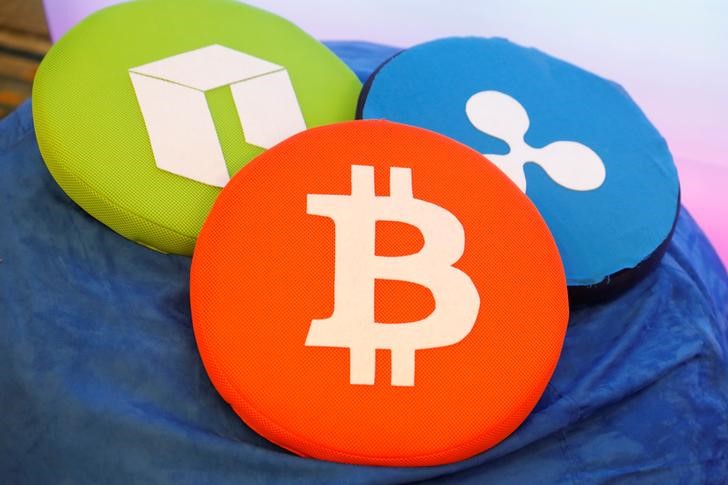U.Today - According to a recent CNBC report, during the annual World Economic Forum event in Davos, the boss of Grayscale Michael Sonnenshein spoke about the future of spot Bitcoin ETFs that were approved recently and also touched on the issue of the high fees imposed by Grayscale.
He elaborated on why the company has been offering 1.5% fees, while the other issuers of spot-based Bitcoin exchange-traded products are keeping their fees under 0.5%.
Grayscale’s chief explains company’s high Bitcoin ETF fees
Currently, the Bitcoin Trust ETF offered by Grayscale is the biggest in the world since it boasts more than $25 billion worth of assets under management.When the Securities and Exchange Commission issued approval to 11 spot Bitcoin ETFs coming from different issuers, many of them, including BlackRock (NYSE:BLK), Fidelity and VanEck, started charging zero or close to zero fees for a certain amount of time after the product’s launch.
The majority of Bitcoin ETF1issuing firms keep the fees at 0.2%-0.4%. But not Grayscale – for their Bitcoin ETF Trust the company charges a massive 1.5% management fee.
Sonnenshein stated that Grayscale has a massive track record of 10 years and is the largest Bitcoin fund. Since the other issuers did not manage Bitcoin ETFs before, they are trying to attract new customers by lowering their fees significantly. As for Grayscale, per Sonnenshein, their long track record proves their long-term commitment to Bitcoin.
card
Not all of the approved ETFs will survive, CEO believes
Sonnenshein also stated that he believes that just two or three spot Bitcoin ETF products will be able to survive in the long run on the market, and the others will be pushed out of the market eventually.Still, over the past week, Grayscale’s Bitcoin Trust has seen an astounding outflow of approximately $2.2 billion as investors have been withdrawing their Bitcoin using the “window,” while the time for which they had locked their BTC in the Trust is over now.
As for overall inflows into spot Bitcoin ETFs over these past five days, they have surpassed $1.2 billion, according to Bloomberg data shared today.
